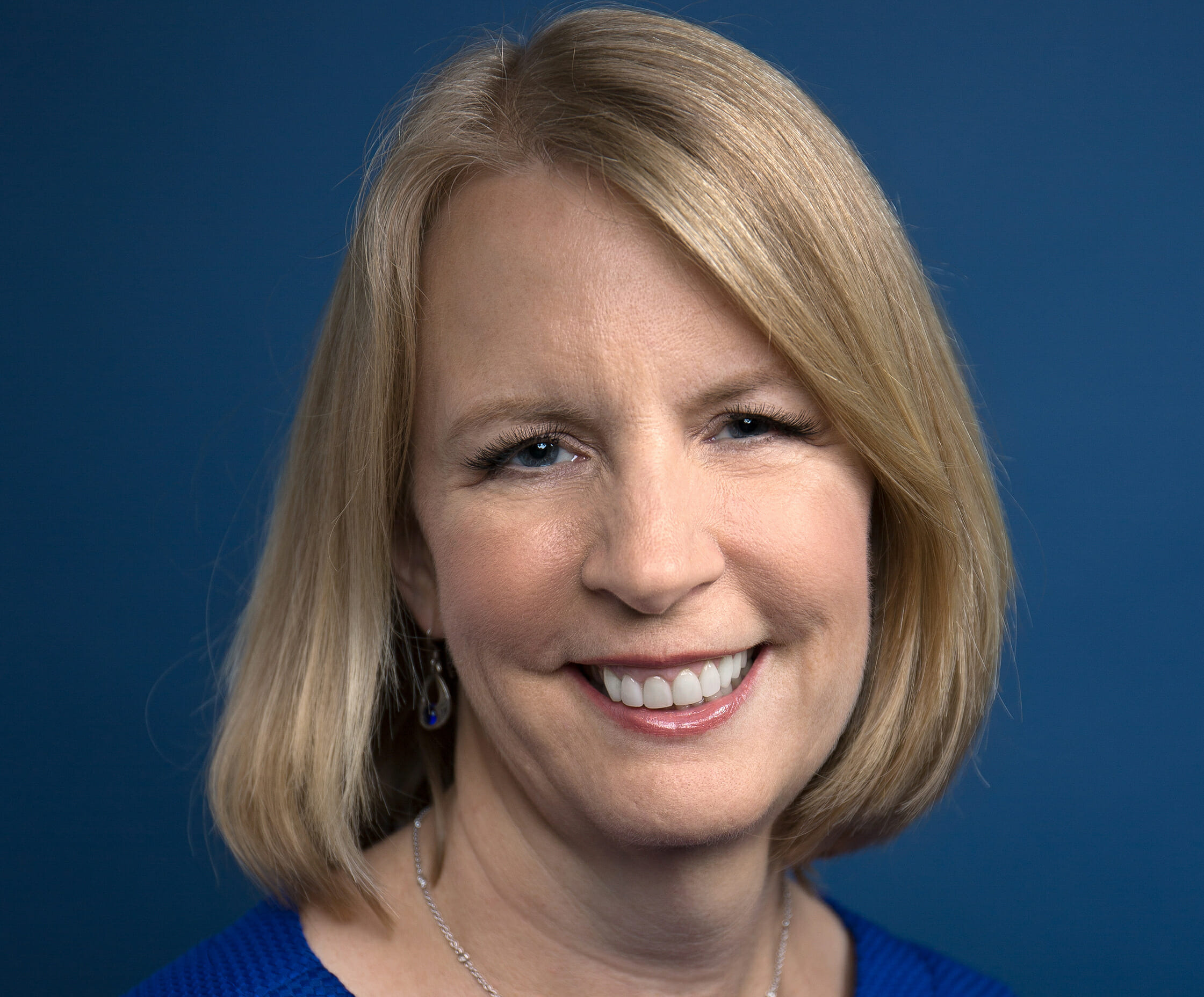
Liz Weston: Make your money last in retirement
Many people worry about running out of money in retirement. That’s understandable, since we don’t know how long we’ll live, what your future costs might be and what kind of returns we can expect on our savings.
There are several ways, however, to boost the odds that your money will last as long as you need it. Among them:
REDUCE YOUR ‘MUST HAVE’ EXPENSES
Lowering your fixed expenses — shelter, food, transportation, insurance, utilities and minimum loan payments — can help you withdraw less from your savings, which in turn can help your money last longer. One powerful way to reduce expenses is to downsize to a smaller home if you can reduce or eliminate your mortgage payment and shrink other costs such as property taxes, utilities and insurance. Getting rid of a car could save you nearly $9,000 a year, which is the average cost of car ownership according to AAA. Eliminating debt before you retire is often a good way to reduce expenses, but consult a fee-only financial planner before withdrawing retirement funds to pay off a mortgage. Such withdrawals can trigger a big tax bill and leave you without enough cash for the future.
KEEP EARNING
A study for the National Bureau of Economic Research found that delaying the start of retirement from age 62 to age 66 could raise someone’s annual, sustainable standard of living by 33%. Even if you can’t continue working full time, income from a part-time job or side business could help you withdraw less from your savings.
MAXIMIZE YOUR SOCIAL SECURITY
Most people will live past the “break-even point,” where the larger checks they get from delaying the start of their Social Security benefit will total more than the smaller checks they bypass in the meantime. More importantly, though, bigger Social Security checks serve as a kind of longevity insurance. The longer you live, the greater the chances you’ll run through your savings and depend on Social Security for most if not all of your income. It’s particularly important for the higher earner in a couple to delay as long as possible to maximize the survivor benefit that one of them will get after the first spouse dies.
CONSIDER BUYING GUARANTEED INCOME
Many retirement experts say it’s a good idea to have enough guaranteed income to cover your basic, must-have expenses. If those expenses exceed what you expect to get from Social Security and traditional pensions, consider buying additional guaranteed income by purchasing an immediate annuity. Unlike other types of annuities that can be complicated and expensive, an immediate annuity can provide a stream of income for life in exchange for a single lump-sum payment upfront.
CHOOSE A SUSTAINABLE WITHDRAWAL RATE
Big withdrawals or bad markets at the start of your retirement can dramatically increase the risk you’ll run out of money. Financial planners typically recommend that people take no more than 4% of their nest egg in the first year of retirement, increasing the withdrawal by the inflation rate in subsequent years. That means a retiree with $200,000 in retirement savings could withdraw $8,000 the first year. If inflation is 3%, the retiree would add $240 (3% of $8,000) and withdraw $8,240 the second year, and so on. People who retire early or who want to be more conservative might start at 3% rather than 4%, or skip inflation adjustments in years when markets are bad.
GET GOOD TAX ADVICE
Your tax situation can become more complicated in retirement, especially if you were a good saver. You could be thrown into a higher tax bracket by required minimum distributions from retirement funds that typically must start at age 70 1/2. The higher income also can cause more of your Social Security to be taxable and raise your Medicare premiums. Sometimes it can make sense to start distributions earlier or to do Roth conversions to reduce future taxes. The math involved can get intense, so consult an experienced tax pro.
PROTECT YOUR HEALTH
Many chronic health conditions are associated with higher medical costs in retirement, including diabetes, high blood pressure, high cholesterol, arthritis and heart disease, according to a study by Vanguard and Mercer Health and Benefits. Some health risks are beyond our control, but regular screenings, proper medical care and a healthy lifestyle may help you reduce some of those costs.
_______________________________________
This column was provided to The Associated Press by the personal finance website NerdWallet. Liz Weston is a columnist at NerdWallet, a certified financial planner and author of “Your Credit Score.” Email: lweston@nerdwallet.com. Twitter: @lizweston.
RELATED LINK:
NerdWallet: 8 ways to increase Social Security benefits http://bit.ly/increase-social-security-benefits
The Western Journal has not reviewed this Associated Press story prior to publication. Therefore, it may contain editorial bias or may in some other way not meet our normal editorial standards. It is provided to our readers as a service from The Western Journal.
Truth and Accuracy
We are committed to truth and accuracy in all of our journalism. Read our editorial standards.
Advertise with The Western Journal and reach millions of highly engaged readers, while supporting our work. Advertise Today.












